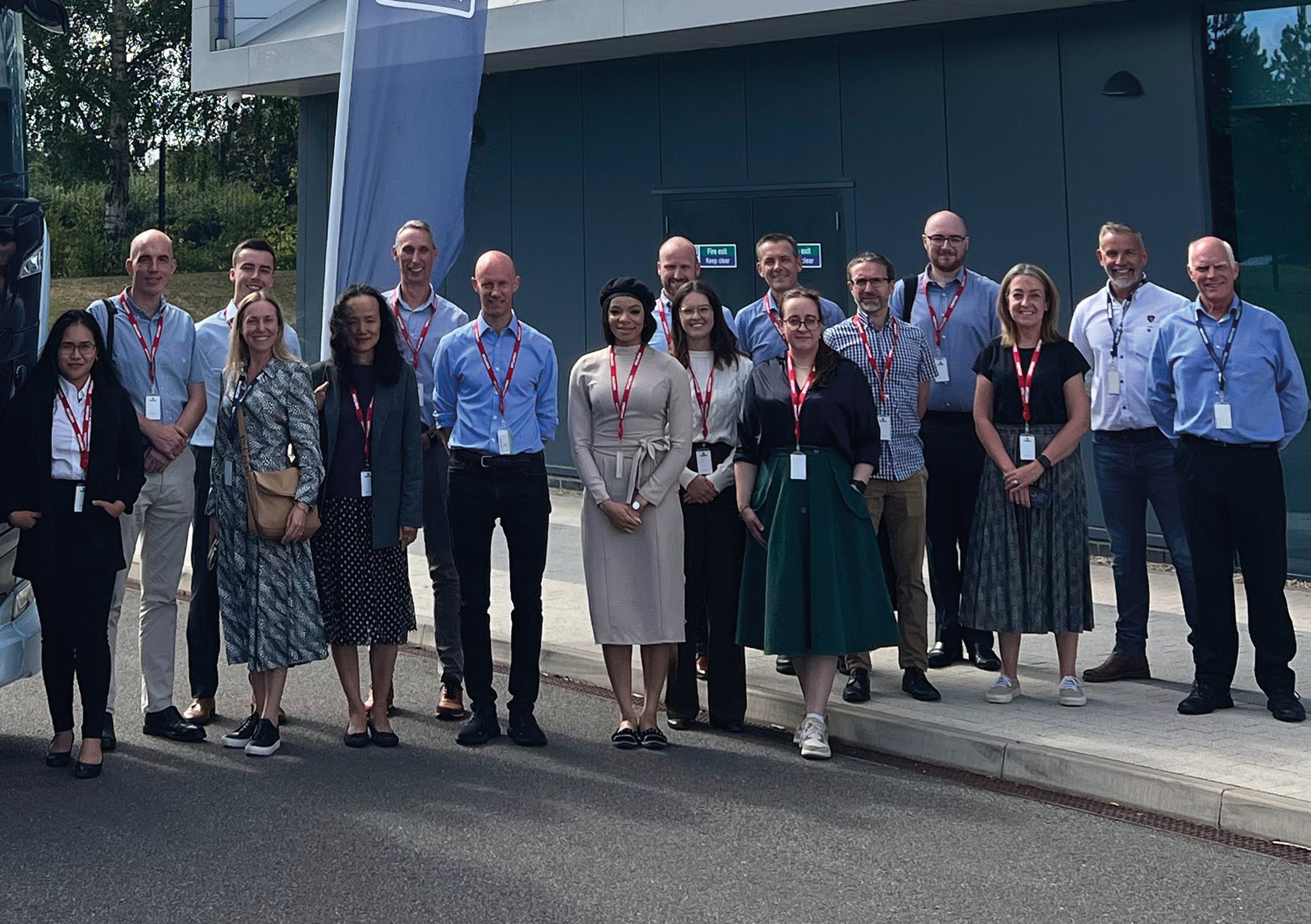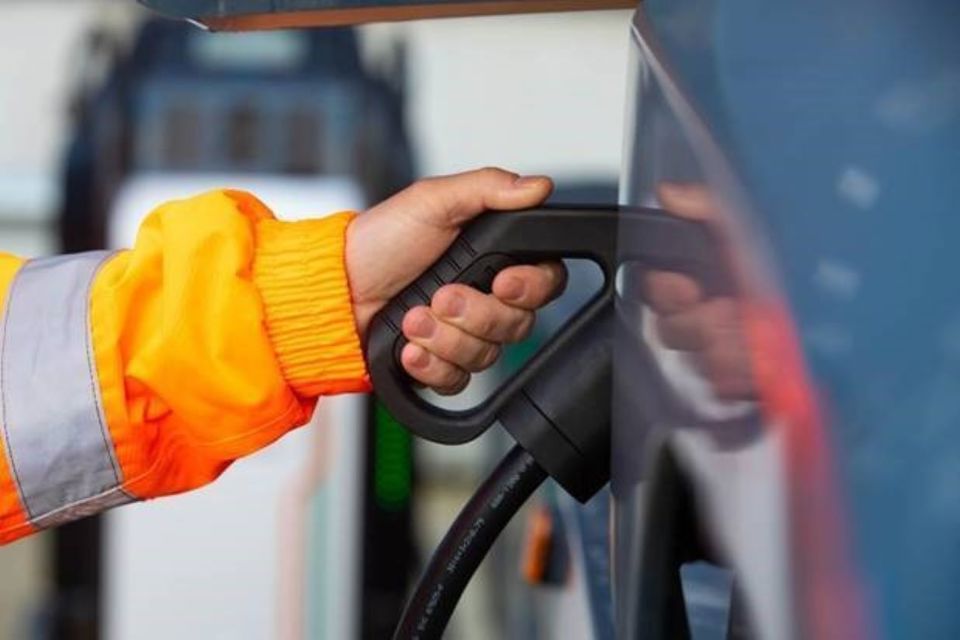The Zero Emission National (ZEN) Freight consortium is focussing on battery electric and hydrogen heavy goods vehicle (HGV) demonstrations following a project reset.
ZenFreight is part of the UK Government’s Zero Emission HGV and Infrastructure Demonstrator (ZEHID) Programme, funded by the Department for Transport (DfT) and delivered in partnership with Innovate UK.
The revised approach maintains the core vision of conducting parallel demonstrations with both battery-electric (BEV) and hydrogen fuel cell (H2) trucks to accelerate the decarbonisation of HGVs.
Dynamon, specialists in commercial fleet optimisation software, has assumed the role of project lead for ZenFreight.
The consortium includes leading fleet operators DFDS, Eddie Stobart, Great Bear Distribution, Gregory Distribution, Maritime Transport and Wren Kitchens, along with academic partner Imperial College London, and truck manufacturers DAF Trucks, Daimler Trucks, Scania, and Volvo Trucks.
The ZenFreight project has been rescoped based on the introduction of 78 vehicles into operator fleets, comprising 62 BEV and 16 H2 trucks.
Each fleet will take both BEV and at least two H2 trucks, which will be benchmarked against diesel equivalents.
Dr Angus Webb, Dynamon founder and CEO, said: “ZenFreight is once again moving ahead at pace; we have a strong vision, a clear purpose and a defined pathway forward to achieve our overarching goals.
“Our consortium members have fully embraced this reset, demonstrating unwavering commitment to driving meaningful change.
“Their collective support and collaborative approach, alongside the backing of our fellow ZEHID consortia, underscores the industry’s shared dedication to reshaping the future, addressing the key challenges we aim to overcome through the demonstrations and accelerating progress toward our common goals.
“Significant progress has already been made with a revised plan that builds on the work already completed, which has enabled us to mobilise quickly and move forward confidently.”

The original terms of the £63 million consortium, which includes £43m in Government funding, remain unchanged: all vehicles are expected to be on the road by March 2026 and will operate for five years as part of the demonstration phase.
During this period, they will gather valuable data and insights to support the business case for the scalable deployment of zero emission HGVs.
Additionally, the consortium will now develop a nationwide network of depot-based electric charging and hydrogen refuelling stations, spanning 25 depots across its seven fleets.
Members will share the complex depot charging infrastructure required for both alternative fuel types during the initial demonstration phase.
This vital aspect of ZenFreight’s strategy will enable operators to accelerate the adoption and utilisation of BEV and H2 HGVs across their fleets, drive efficiency and support the transition to sustainable transport solutions.
It will also ensure that ZenFreight is well-positioned to address the challenges and opportunities that arise during the demonstration and identify strategies for the successful scale-up of a truck refuelling infrastructure ecosystem.
Key to the consortium's objectives is stress-testing the routes taken by the zero-emission vehicles, achieved through the use of Dynamon’s advanced data and planning software, Zero.
By analysing historical fleet data and simulating vehicle performance, operators can identify opportunities for decarbonising specific vehicles and routes, providing crucial insights before deployment.
Initial demonstrations will focus on simpler routes, with findings then applied to more complex scenarios, including top-up charging using shared fleet depot infrastructure.
Dr Isabella Panovic, programme manager for Zero Emission Freight at Innovate UK, said: “We are proud to be working with the Department for Transport to deliver this important programme.
“Through clever use of simulation to optimise deployments, this project will help to create the evidence base to decarbonise the UK’s heaviest road freight vehicles. This will help the sector grow in confidence and invest long term in zero emission HGVs.”





















Login to comment
Comments
No comments have been made yet.